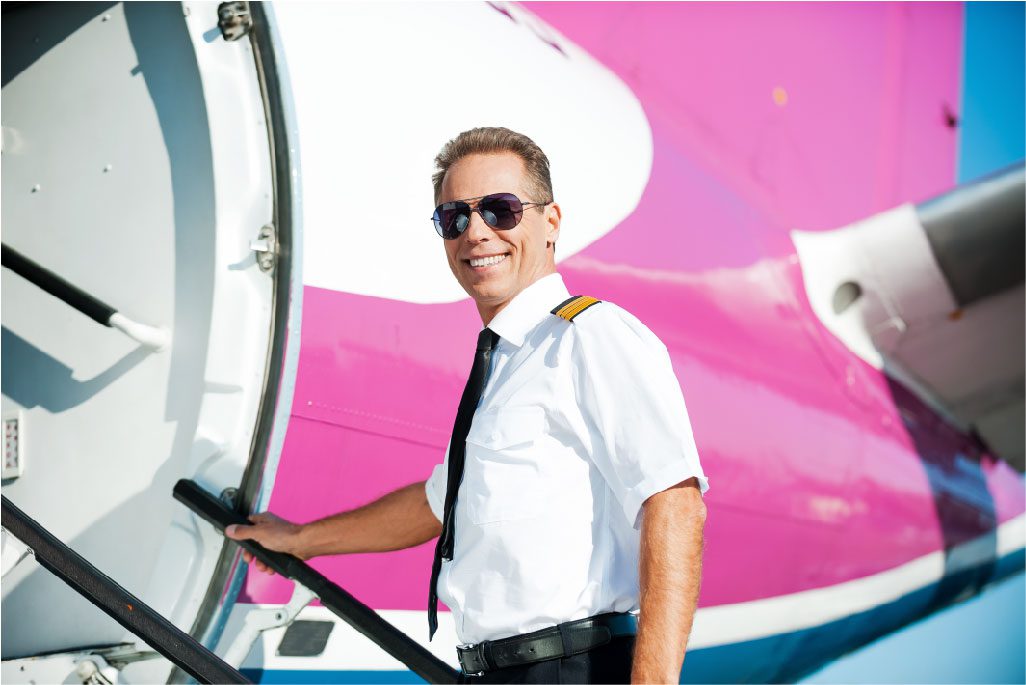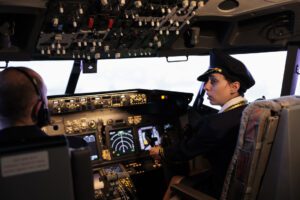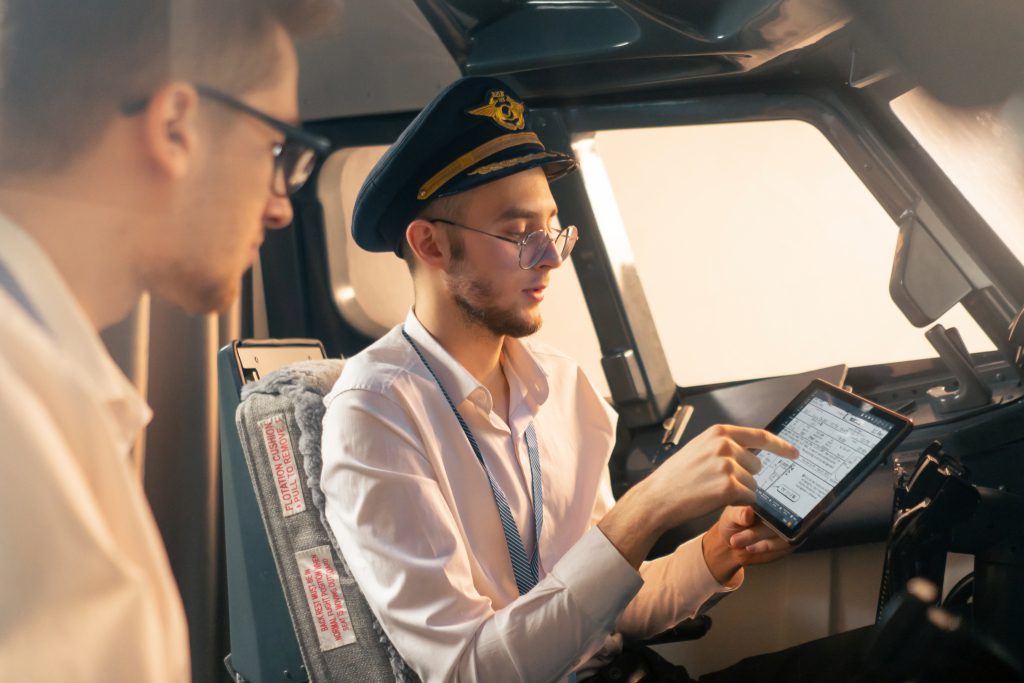Wizz Air established a new pilot training center at Rome Fiumicino Airport. Through this significant strategic movement, Wizz Air symbolizes the airline’s ongoing dedication to effectiveness, safety, and innovation in pilot training. It was also a big step in the field of aviation. The program addresses Europe’s rising demand for qualified pilots with advanced Full Flight Simulators (FFS) and modern training tools. This initiative will train cadets and enhance current pilots, vital for the airline’s growth.
Using Advanced Technology for Pilot Training
The center focuses on cutting-edge technologies and improving real-world training scenarios with modern equipment like the Airbus A320 FFS and Cabin Emergency Evacuation Trainers (CEET). “This new hi-tech training center, developed within our starred Airport thanks to a significant investment by one of the fastest-growing carriers in Europe, demonstrates the attractiveness of Fiumicino on the aeronautical market as a base for long-term development,” said Marco Troncone, CEO of Aeroporti di Roma. The training program ensures pilots are fully prepared to handle complex flight conditions and emergencies, which is in sync with Wizz Air’s goal of improving industry standards for safety. The airline aims to be at the forefront of aviation training in Europe; thus, in addition to educating new pilots, the goal is to continue upgrading veteran pilots.
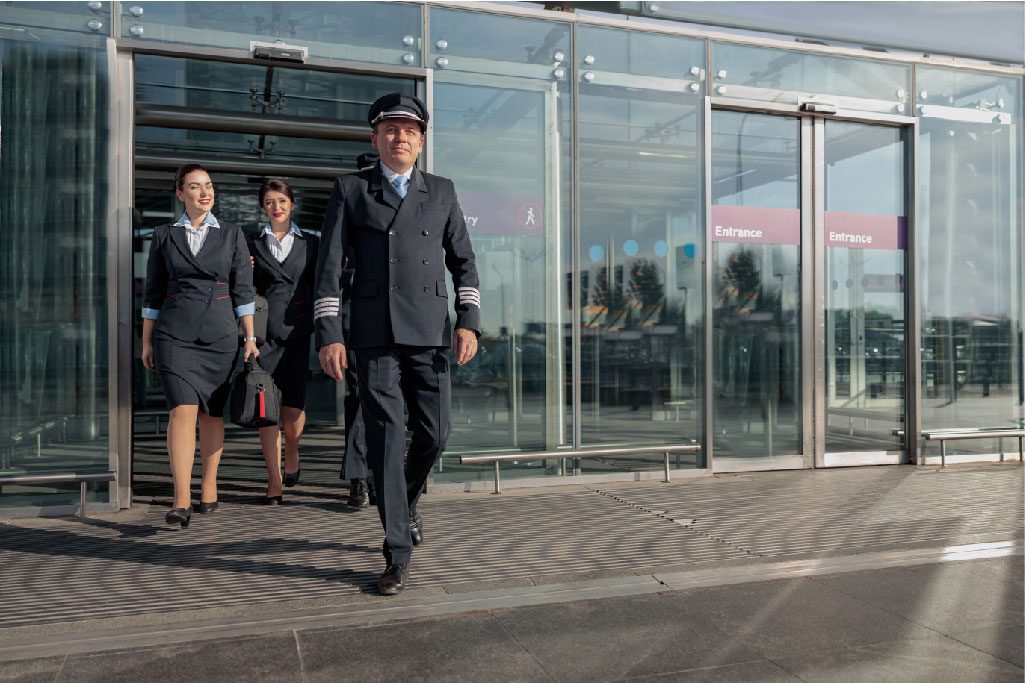
Pilot Training Europe
This new center ekes out Wizz Air’s existing training programs, especially in Budapest, and enables the airline to significantly boost its pilot base to fulfill the demands of its swiftly growing fleet expansion. Rome is an excellent location for regional aviation training as it is a strategically important place and provides easy access to other European cities. These aspects make regional aviation training serious. This initiative demonstrates Wizz Air’s commitment to expanding its European market share by diversifying its hiring sources.
Job Opportunities and Cadet Recruitment
With the new center in place, Wizz Air is additionally providing possibilities for employment within the aviation industry. The airline’s expanding fleet and ambitious plans require ongoing hiring of pilots, cabin crew, and support staff, which the training center is going to provide. Additionally, it will support Wizz Air in its attempts to broaden its cadet recruiting pool by drawing more students to its specialized aviation programs.
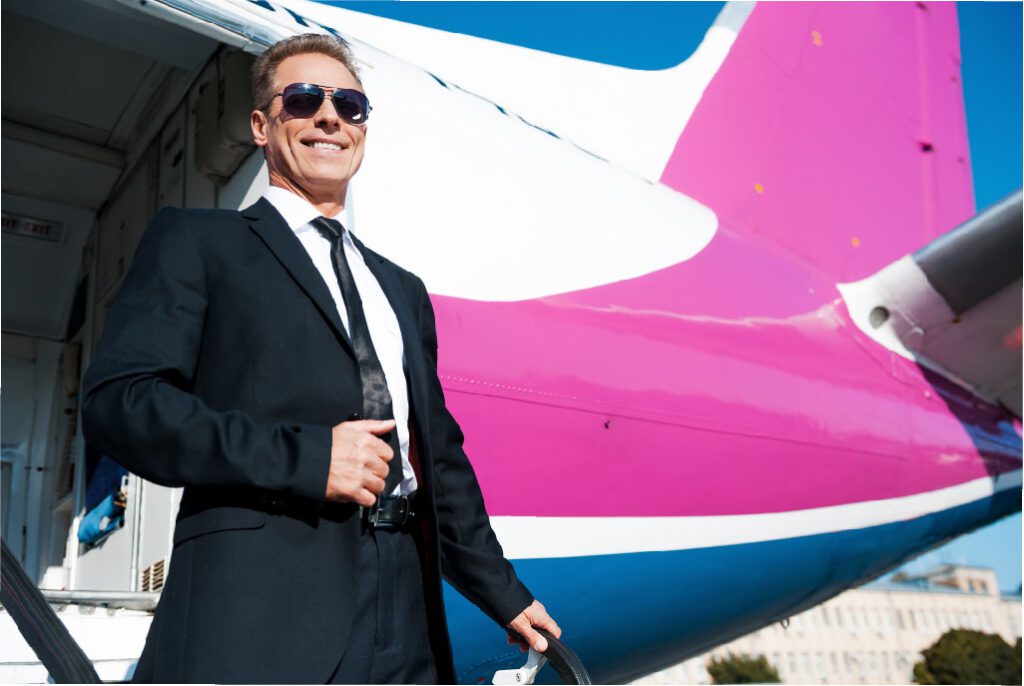
Sustainability Through Eco-Friendly Pilot Training
Furthermore, the center is crucial for Wizz Air’s long-term ecological goals, which include reducing its greenhouse gas emissions. The airline’s sustainability goals are achieved through significantly reducing fuel-intensive aircraft training by utilizing advanced simulators. Using technology that resembles real-life situations, pilots can be taught under various flight conditions without attendant environmental costs, which strengthens Wizz Air’s attempts to keep up eco-friendly operations.
Addressing Post-Pandemic Challenges
Wizz Air’s most recent training action further demonstrates its reaction to the post-pandemic difficulties affecting the aviation sector. This hub satisfies the airline’s present operational demands and prepares for future expansion in an evolving market since pilot shortages have become a global concern. The education center will assist in handling the pilot shortage while guaranteeing the highest levels of security and reinforcing its image as one of Europe’s leading low-cost airlines.
In summary, Wizz Air has invested significantly in aviation training by opening a second facility in Rome. It promotes the airline’s rapid expansion plans while highlighting its priority on innovation, safety, and sustainability. The center will improve pilot training, minimize environmental impact, and meet the rising demand for qualified pilots in Europe. Wizz Air is paving the way for future developments in the aviation sector by creating a new standard in training.

